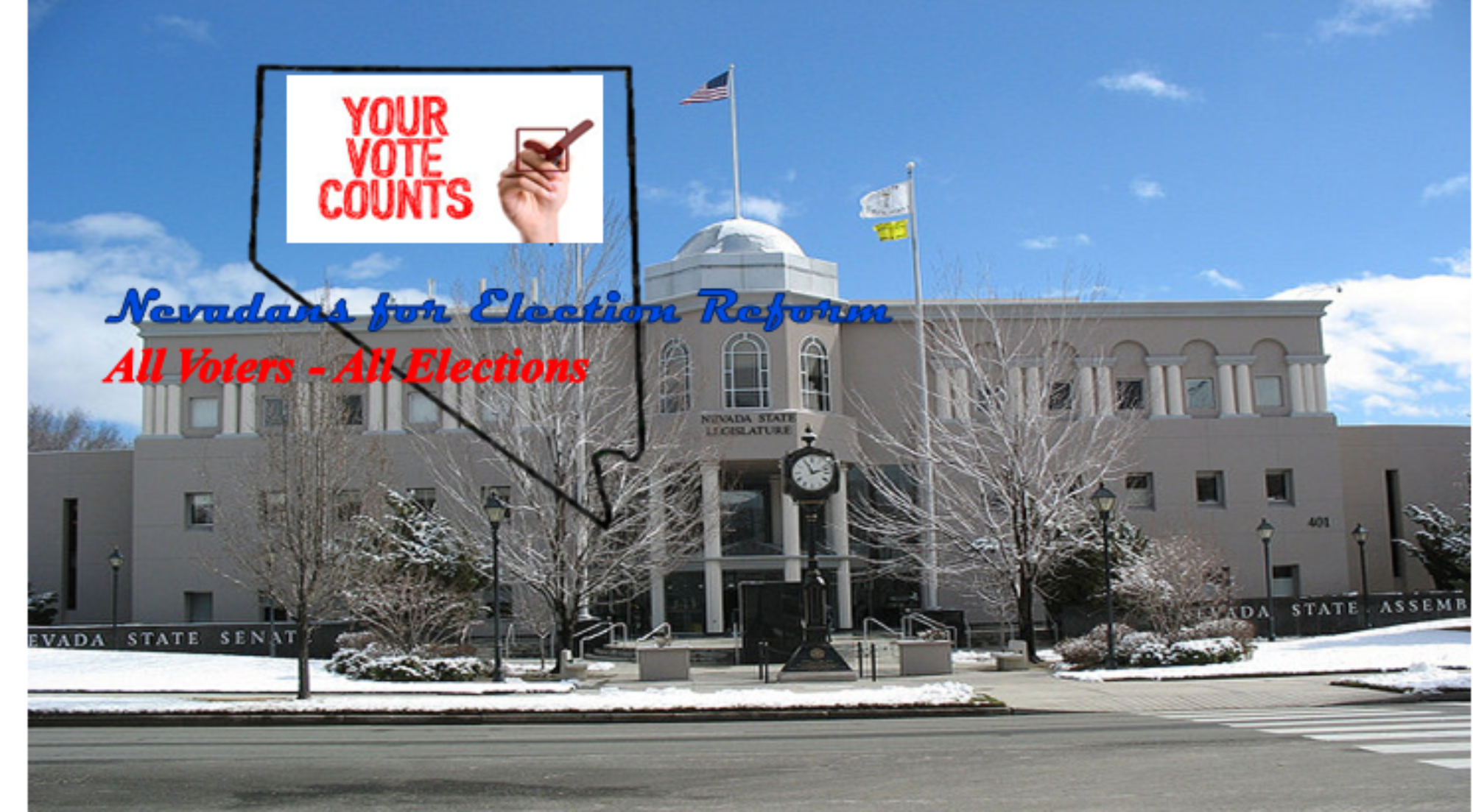In yet another study on voting trends of the Millennial Generation, “WHY MILLENNIALS DON’T VOTE FOR MAYOR – Barriers and Motivators for Local Voting” published in June, 2015, the Knight Foundation further substantiates what other research has shown, our election and political processes need to change if we value the generation that is our immediate future.
As I’ve written on several occasions, the Millennial Generation, now the largest generation in population and equal to Baby Boomers in the percentage of eligible voters, is the key to our future yet an enigma when it comes to voting. (Articles are here, here, and here)
Millennials are 31 percent of Nevada’s population but only 24 percent of registered voters. Of that 24 percent, 27 percent are registered as Non-Partisan. Adding those who are registered to vote in minor parties, 35 percent are not affiliated with either the Democratic or Republican Party (as of May 24, 2016). That is almost 10 percent higher than the overall state figures.
In my previous articles the common theme is how do we get this generation more interested in participating in the electoral process, take an interest in the issues and vote.
In this 2015 study, The Knight Foundation looks at lack of participation of Millennials in local elections. Why do Millennials vote for president but not for mayor and other local officials? With turnout for local elections hovering around 20 percent, this is central to improving political outcomes.
Why do Millennials not trust government at a rate one-half that of the general electorate and less than 30 percent believe participating in the political process produces positive results?
Millennials, like the rest of us, require information to make decisions. However, with the onslaught of super PACs and the replacement of news with commentary, there is less reliable information on local issues available. With less information, Millennials also do not know which source to trust. They see the existing sources partisan and distorted, not providing the unbiased information they seek. This depresses civic participation. When high mobility is added in, the lack of information further reduces the desire to learn about one’s new community.
How does this impact Millennials participation? In focus groups used for the study, 75 percent rated lack of information about candidates as the reason they do not vote. 62 percent sited not enough information about local issues.
To reverse this trend, the Knight study found Millennials want to know what tangible benefit voting provides them and how government impacts their daily lives. They are turned-off by negativity, cynicism, and talking points.
The Nevada Legislature can make significant strides in addressing Millennial participation by enacting reforms proposed in the Nevada Election Modernization and Reform Act of 2017 (NEMRA – 2017). By making our election process more responsive to the larger voting sector, not just the small party bases, the concerns of Millennials noted in the Knight study, as well as the concerns of a growing segment of the overall electorate are positively addressed.
